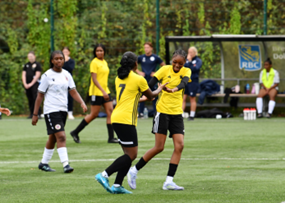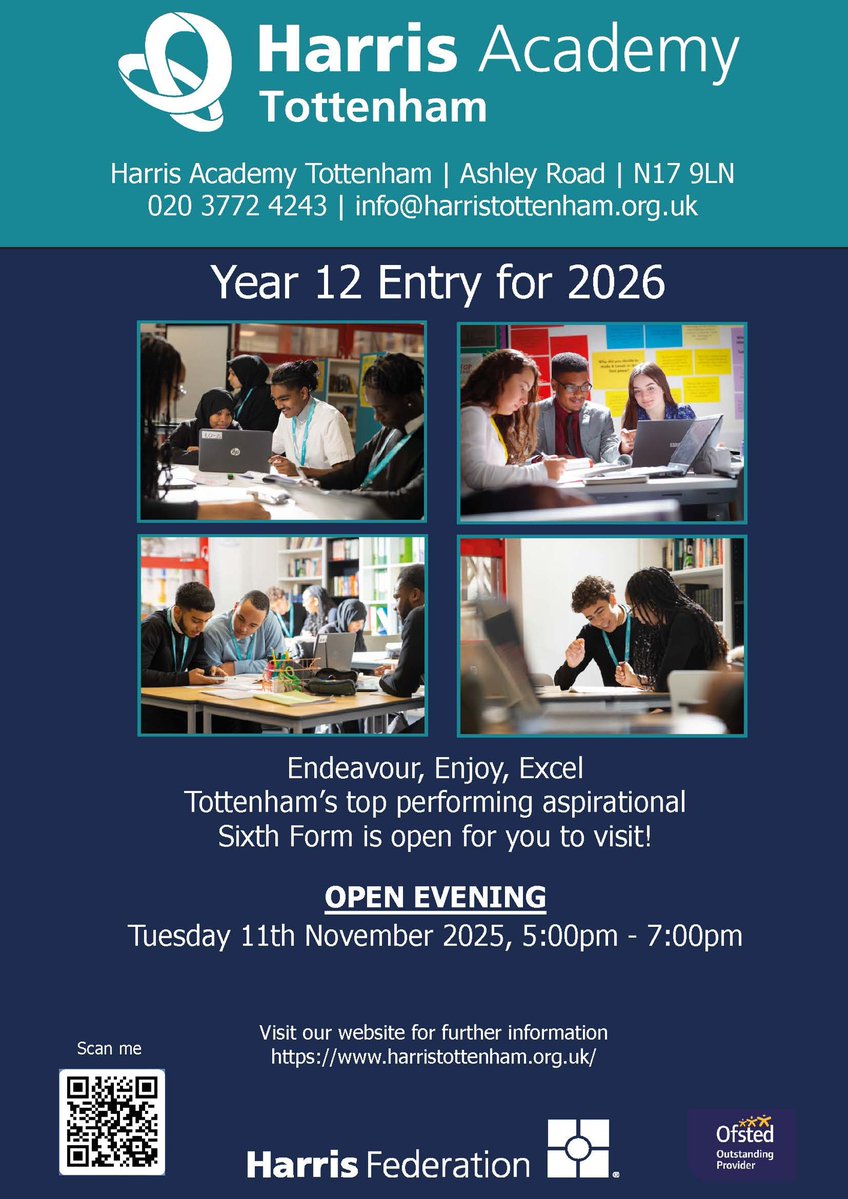Chinese (Mandarin) - A Level
A Level Chinese (Mandarin) is a truly fascinating course covering a large range of topics and areas of interest for students.
Building upon what students have learnt in their Chinese GCSE courses, students will learn more deeply about Chinese film and literature and will cover topics such as; Family, work & study, Chinese traditions & cultural activities.
Students will cover the full range of skills in Chinese including listening, speaking, reading and writing and will begin to explore the topics above in full Chinese characters, getting to know the culture directly from authentic Chinese newspapers, magazines and articles
This course will enable students to:
- enhance their linguistic skills and promote and develop their capacity for critical thinking
- develop their knowledge and understanding of the language, culture and society of China
- develop their ability to interact effectively with users of the Chinese in speech and in writing, including through online media
- develop language learning skills and strategies, including communication strategies to sustain communication and build fluency and confidence
- engage critically with intellectually stimulating texts, films and other materials in Chinese, developing an appreciation of sophisticated and creative uses of the language and understanding them within their cultural and social context
- develop knowledge about matters central to the society and culture, past and present, of the country or countries where the language is spoken
- mediate between cultures and between speakers of Chinese and speakers of English
- develop their capacity for critical and analytical thinking through the language of study
- develop as independent researchers through the language of study
Year 12 content:
Family
Much of Chinese society revolves around the family. Students will learn of the importance of family in China, how this is changing over time and the differences between family life in China and the UK.
Work & Education
China’s systems for work and education have both similarities and differences to the UK. Students will learn of Chinese society’s outlook on education, differences in systems in china, such as the ‘gaokao system and the cultural expectations on students throughout their education and work life.
Chinese traditions, festivals and cultural activities
China has a vast, rich history of more than 5000 years. During this long history, a number of myths, legends and stories have evolved into fantastic, exciting traditions and festivals celebrated by more than 1 billion people. Students will learn about a number of these festivals, with particular emphasis on Chinese New Year and Mid-Autumn festival. Students will also discover the more modern side of Chinese society and how the younger generation now celebrate these traditions as well as what they do with their time.
Year 13 content
Communication & Technology
The internet and social media have had a profound effect on all generations, particularly younger generations all across the world. In China, more than 500 million people regularly partake in online gaming, a vast number of data and communication takes place online. In many ways, China is much more advanced in their use of technology such as paying with phones, transferring money, social media and gaming apps. Students will learn about the differences and similarities these have with their own lives in the UK.
Economy & Environment
A growing and important issues the world over, the interplay between the economy and the environment is of critical concern to the Chinese government. Students will learn about the incredible environment of China whose borders incorporate all landscapes, from deserts to forests.
Transformation & Change in China
Over the last century, China has changed dramatically, particularly as a result of the ‘reform and opening up’ policy instigated by Deng Xiaoping in the 1980s. This period has seen unprecedented, continual growth and a complete transformation of people’s lives. Students here will begin to understand the disparities between life in urban centres and rural communities, the growing poverty gap in China.
China-British Relations
Students will learn in more depth the relationships between the UK and China, covering topics such as trade, cultural exchange, educational exchange and more.
Assessment
Paper 1 - Listening, Reading and Translation
Section A: Listening (30 marks)
A listening assessment based on recording, featuring male and female Chinese speakers. Students will respond to comprehension questions based on a variety of contexts and sources.
Section B: Reading (30 marks)
A reading assessment based on a variety of text types and genres where students will respond to comprehension questions.
Section C: Translation into English (20 marks)
An unseen passage to be translated from Chinese to English.
Paper 2 - Written response to works and translation
Section A: Translation (20 marks)
Students translate an unseen passage from English into Chinese
Section B: Written response to works (literary texts) (50 marks)
Students must write an extended response on either one or two of the literary texts from the specification
Section C: Written response to works (films) (50 marks)
Students who answer only one question on a literary text in Section B must write an extended response on one of the films listed in Appendix 2: Prescribed literary texts and films
Paper 3 - Speaking
Task 1 (discussion on a Theme)
Students discuss one theme from the specification based on a stimulus containing a short statement.
Task 2, Part 1 (independent research presentation)
Students present a summary of at least two of the written sources they have used for their research and give a personal response to what they have read.
Task 2, Part 2 (discussion on independent research)
Students answer questions on their presentation and then have a wider discussion on their research.
Entry Requirements
Students require a grade 7 or above at GCSE and a grade 5 or above in English Language GCSE

















